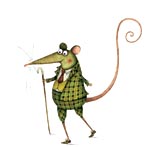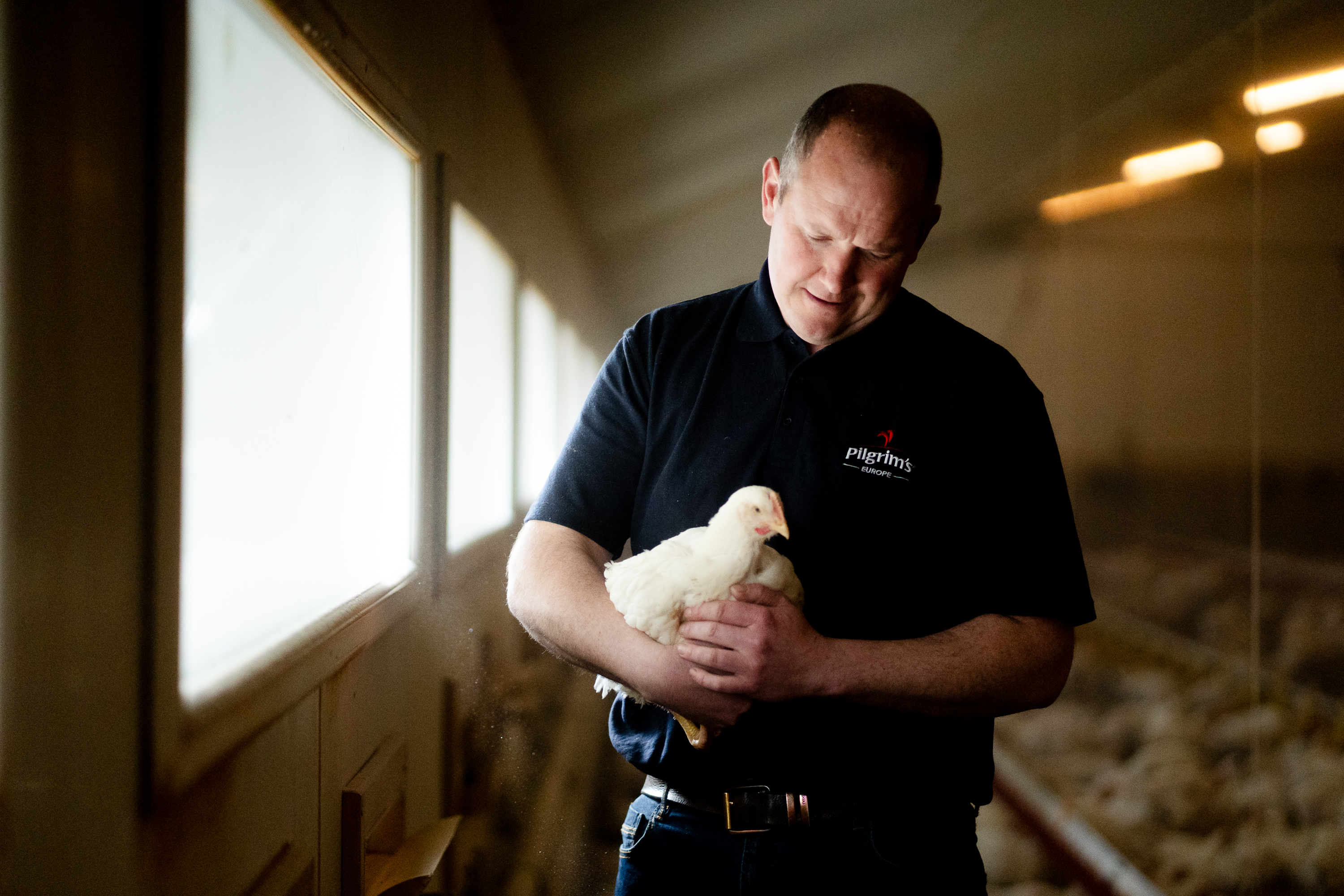Country mouse finds hope in Rwanda
After a turbulent past, country mouse finds Rwanda is healing.


It is 20 years since the Rwandan genocide, 20 years since some one million Tutsis and moderate Hutus were murdered by members of the Hutu majority in just 100 days. The world watched on in horror, but did nothing. Last week, I went to visit the country and was amazed by what I found. It’s a beautiful land, full of terraced fields of banana, maize and what they call Irish potatoes, but theirs is a hard life of subsistence farming. Meat is only eaten on special occasions and the daily chore of tending the fields or looking after the goats falls to every member of the household. Women can be seen carrying 60kg bags of potatoes on their heads or wheeling even greater loads stacked on bicycles to the market; children watch the goats between lessons at the local schools. I saw no old people—two thirds of the population are under 25, but they are at peace, thanks to a strong government. It’s a clean country, almost like Singapore, with all plastic bags banned and a diktat to every member of the population to tidy the countryside once a month.
At the genocide museum in the capital, Kigali, I walked beside the graves of 250,000 men, women, children and babies and saw pictures of churches filled with bodies by those who had sought sanctuary. It was impossible to understand, but out of the horror, somehow, hope has risen.
* Subscribe to Country Life and save
Sign up for the Country Life Newsletter
Exquisite houses, the beauty of Nature, and how to get the most from your life, straight to your inbox.
-
 A Grecian masterpiece that might be one of the nation's finest homes comes up for sale in Kent
A Grecian masterpiece that might be one of the nation's finest homes comes up for sale in KentGrade I-listed Holwood House sits in 40 acres of private parkland just 15 miles from central London. It is spectacular.
By Penny Churchill
-
 What the cluck? Waitrose announces ‘trailblazing’ pledge to help improve chicken welfare standards
What the cluck? Waitrose announces ‘trailblazing’ pledge to help improve chicken welfare standardsWaitrose has signed up to the Better Chicken Commitment, but does the scheme leave Britain open to inferior imports?
By Jane Wheatley